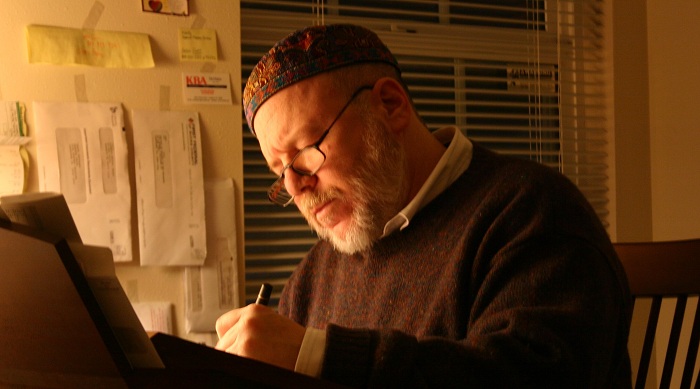 |
From the Night Factory
37. Burglary at Harper’s Crossing,
Part Four
This essay was part of a series detailing the
events and consequences of a robbery at Mr Bentzman's
home several years ago. One of the malefactors has since
died, and the other is someone who has now changed her
life, and wishes to put her past mistakes and
difficulties behind her. A friend of hers has contacted
us, concerned that a Google search for her name brings
up these pages, causing her some difficulties; therefore
Snakeskin and Mr Bentzman have decided to
excise these essays.
The pieces can, however, still be found in
print, in Mr Bentzman's collection Enshrined
Inside Me, which can be found at www.Bentzman.com.
